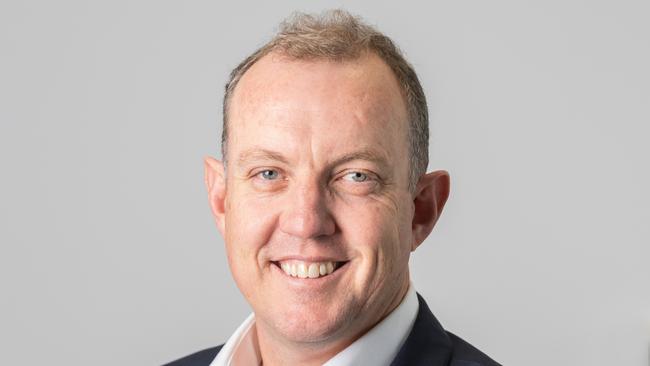Health fund premiums: How you can get a better deal
Australians battling cost of living increases will get a hip pocket boost when changes to health fund subsidies take effect next month. See how much you could save.
Health
Don't miss out on the headlines from Health. Followed categories will be added to My News.
Australians will save up to $770 a year under changes to private health insurance subsidies that take effect on July 1, in a major cost of living boost.
The income thresholds used to calculate the private health insurance rebate will be increased by about $4000 for singles and $5000 for families.
It means a single person will be able to earn $97,000 ($194,000 for a family) and still qualify for the highest 24.608 per cent rebate.
This rebate used to drop to 16.405 per cent once a person earned more than $93,000 a year or a combined income of $108,000 for a family.

There are three tiers of subsidy and until June 30 this year they cut out completely once a single person earned over $144,000 per year or a family $288,000 a year.
From July 1, the subsidy will not cut out until a single person earns more than $151,000 and a family $302,000.
Under the changes families with a Gold health cover policy who move up to the maximum 24.608 per cent rebate the savings could be around $770 a year or $385 a year for singles.
For those with a Silver Plus policy the savings will be around $360 a year or $180 a year for singles.
And for those with Bronze plus cover the savings will be around $280 a year or $140 a year for singles.
Bupa Health Insurance Managing Director Chris Carroll said the Federal Government’s tax concessions were a way of recognising Australians investing in their own health and wellbeing.
“Our public hospitals remain under pressure, and we all have a role to play in helping keep our world leading health system strong to ensure patients can access care when they need it,” Mr Carroll said.
The changes in the tax thresholds also mean some people will no longer face a tax penalty if they do not have private health cover.
Currently singles who earn over $93,000 per year and families earning over $186,000 a year who do not buy health insurance face a Medicare Levy Surcharge of between 1 per cent and 1.5 per cent depending on their income.

From July 1 these thresholds will rise $97,000 for singles and $194,000 for families.
For those who are affected by the surcharge it can be cheaper to buy health cover, but not always.
For example a single person earning $97,000 a year would face a Medicare Levy Surcharge of $970 a year but if they purchased Bupa’s basic accident only hospital cover it would cost $965 saving them $4.89, Mr Carroll said.
When it was introduced 23 years ago this tax penalty was meant to hit the rich but the failure to index the threshold to inflation meant it was soon slugging those earning less the average wage.
The Albanese Government reintroduced indexation from July 2023.
Despite this the rebate is still hitting those on less than average earnings which the Australian Bureau of Statistics (ABS) calculates as $98,098 a year.
Health insurance premiums have risen so rapidly it can be around $200 a year cheaper for many people hit by the threshold to pay the tax penalty rather than take out health cover.
It is only once families earn more than $210,000 per year that buying health cover becomes cheaper than paying the penalty.
It is the same for singles where it is $97 a year cheaper to pay the tax penalty than buy health cover until you earn over $105,000 a year.
Health Minister Mark Butler said when Peter Dutton was Health Minister he froze the private health insurance income tiers “for eight long years”.
“Peter Dutton’s freeze meant every year fewer people were eligible for the private health insurance rebate, and more people were slugged with extra tax,” Mr Butler said.
“Thanks to the Albanese Government, this is no longer the case, providing much needed cost of living relief for the 15 million Australians with private health insurance,” he said.
Private Healthcare Australia CEO Dr Rachel David said “increasing the income threshold for the PHI rebate will make a difference to millions of Australians relying on private health for their healthcare needs”.
“We need to do everything possible to keep private health participation strong to keep pressure off the public system so it’s available for those who can’t afford an alternative,” she said.
More Coverage
Originally published as Health fund premiums: How you can get a better deal





